We’ve set up another date for our popular ‘Referencing for Law’ session, which is always well attended by UG and PG students alike. If you are not familiar with referencing law materials, this is the session for you! We’ll cover:
- Why we reference and the definition of plagiarism
- How to use reference systems in assessed work
- What to include in a reference list for OSCOLA
- An assessment of how reference manager software works with OSCOLA
- Hints and tips to make referencing easier
The all-important date for this is Wednesday 5th April, 10am-11am.
The session will be held online using Blackboard Collaborate, with a link to the session provided on the event page and also in reminder emails. The seminar will last just under an hour with time for questions built in. It will be recorded and uploaded to the Law Librarian Resources Media Hopper Channel for access asynchronously afterwards; slides and a link to the recording will be sent out after the event. Please book a place via the MyEd Events Booking system.

We understand this is a little late for UG students whose dissertations are due in the next few weeks, but don’t despair! If this is you, we recommend you take a look at the materials you can access at any time here:
- Referencing for Law – April 2023 – UPDATED! Recording of session from 5th April, replacing the previous video from October 2021.
- Referencing playlist on Law Librarian Media Hopper Channel – includes demo videos of using Endnote to insert references.
- Law Subject Guide: Page on referencing and plagiarism – includes links to loads of useful resources to help with referencing
- OSCOLA guide – the official 61 page guide to the current 4th edition of the OSCOLA referencing system. Many students’ questions can be answered by careful perusing of this guide, or alternatively checking the Cite Them Right database.
If you’ve read and watched all of the above but are still struggling, just get in touch by email: law.librarian@ed.ac.uk.


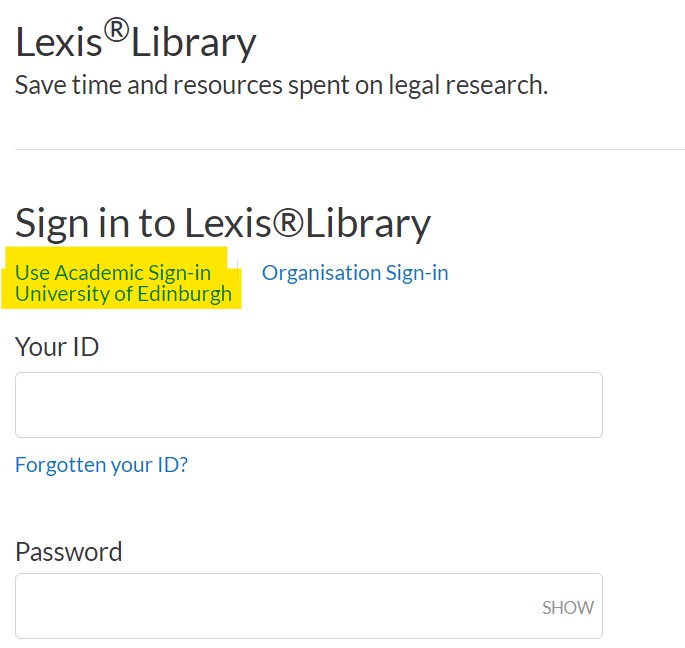
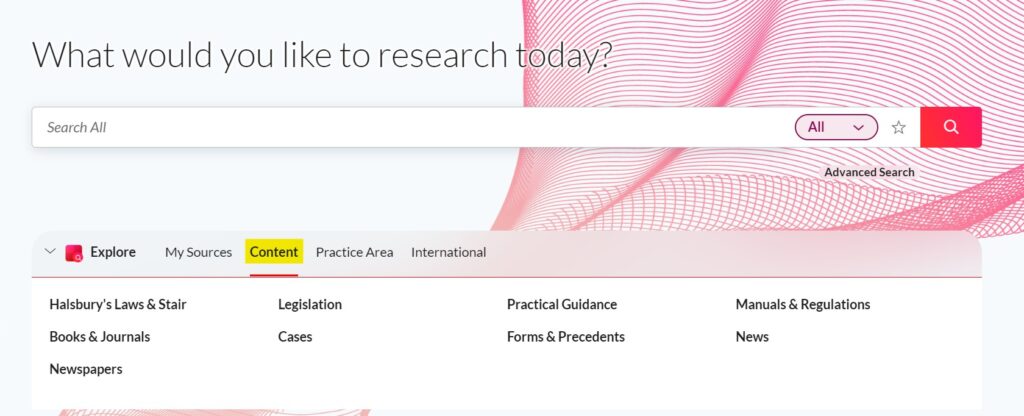
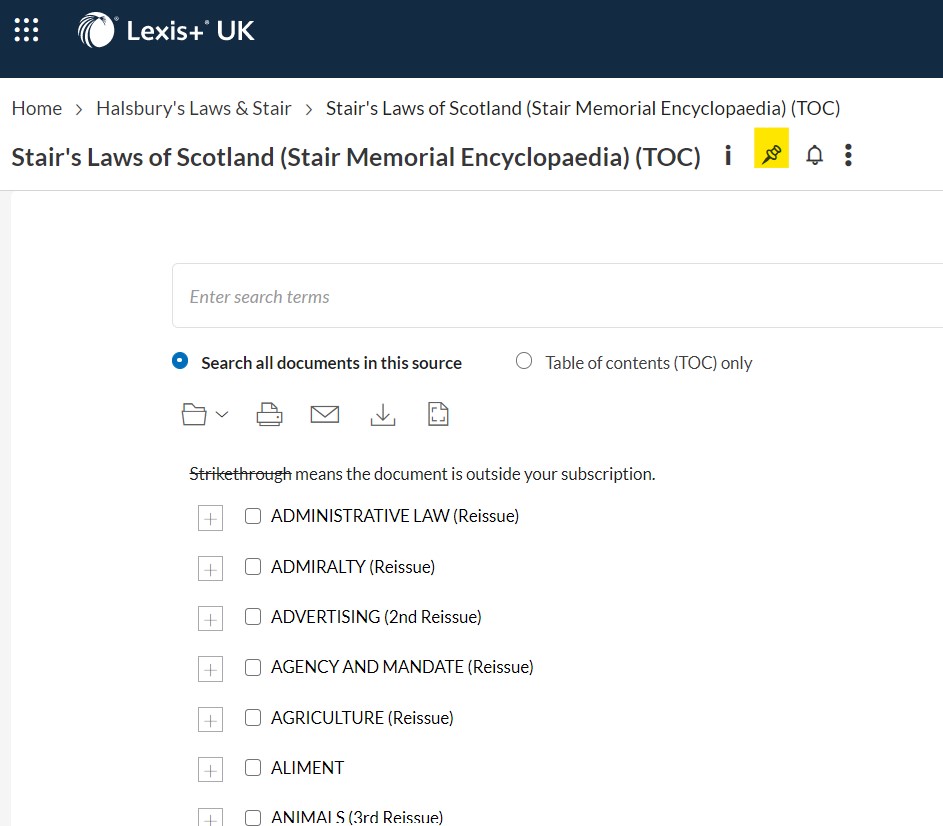
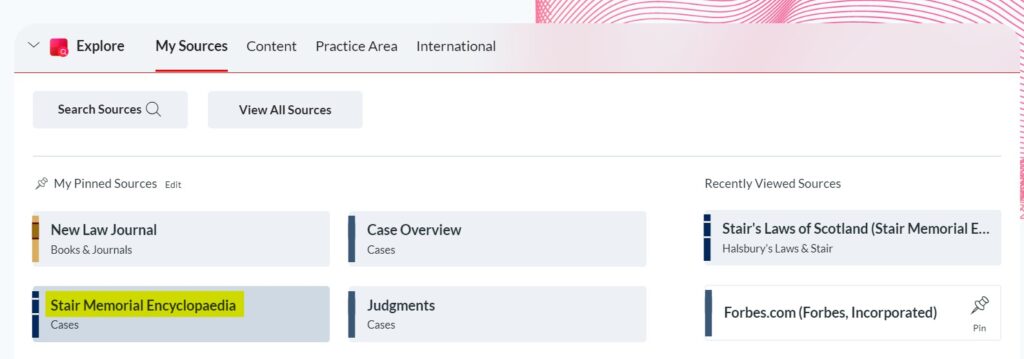
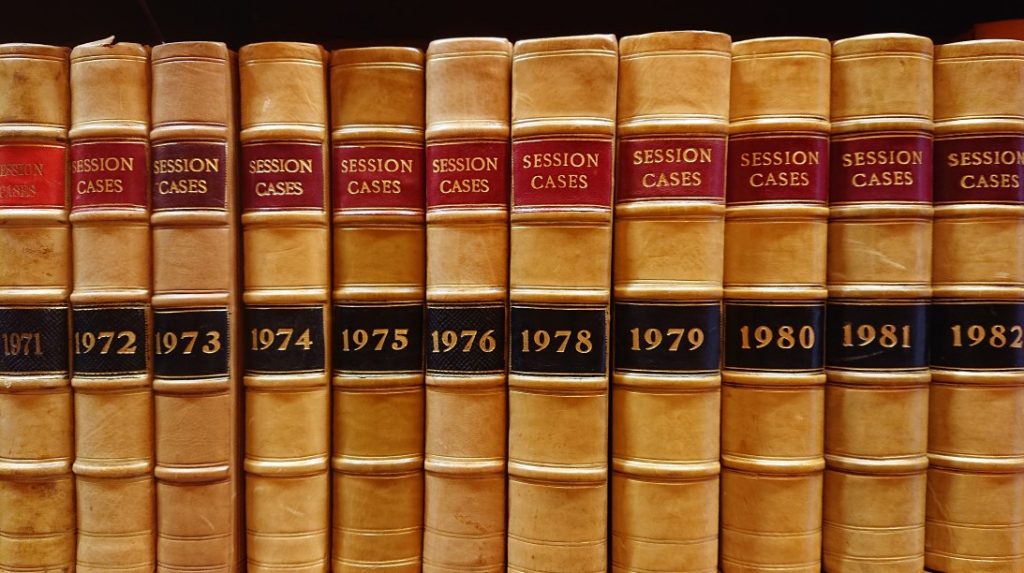

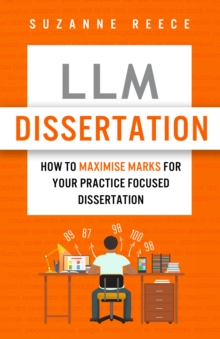
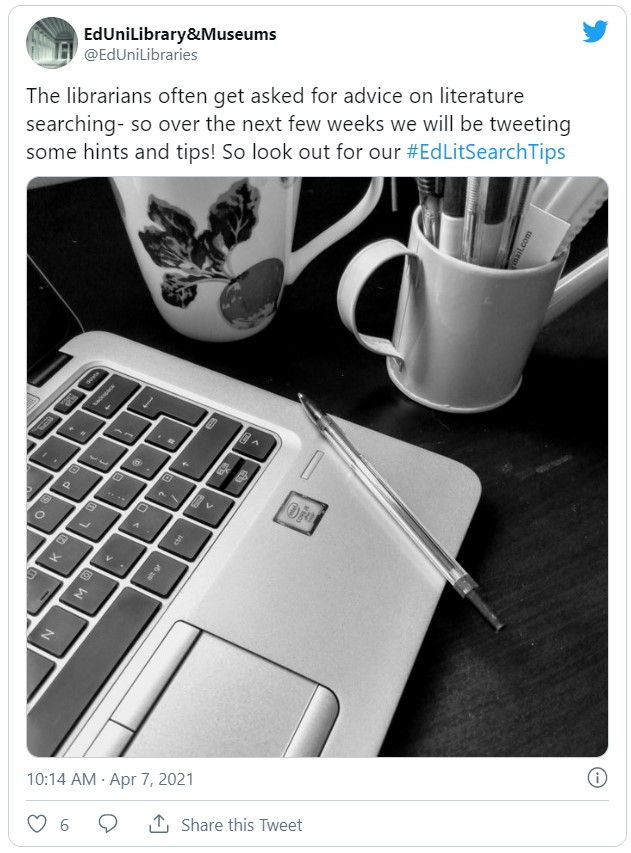

 Are you writing a dissertation this year? Do you want to find out more about the library resources available to support your dissertation?
Are you writing a dissertation this year? Do you want to find out more about the library resources available to support your dissertation?